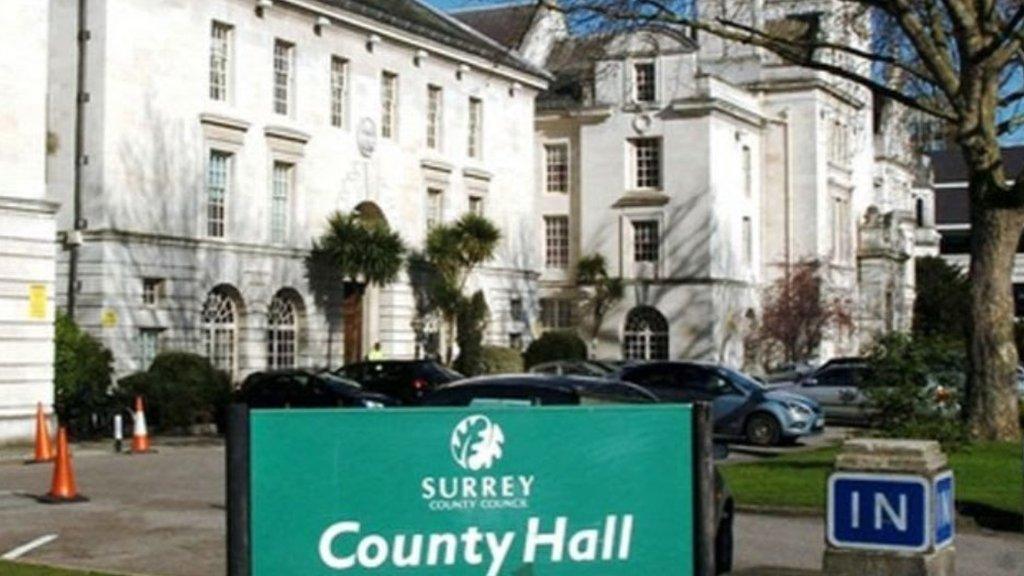Surrey council tax rise: Your questions answered
- Published
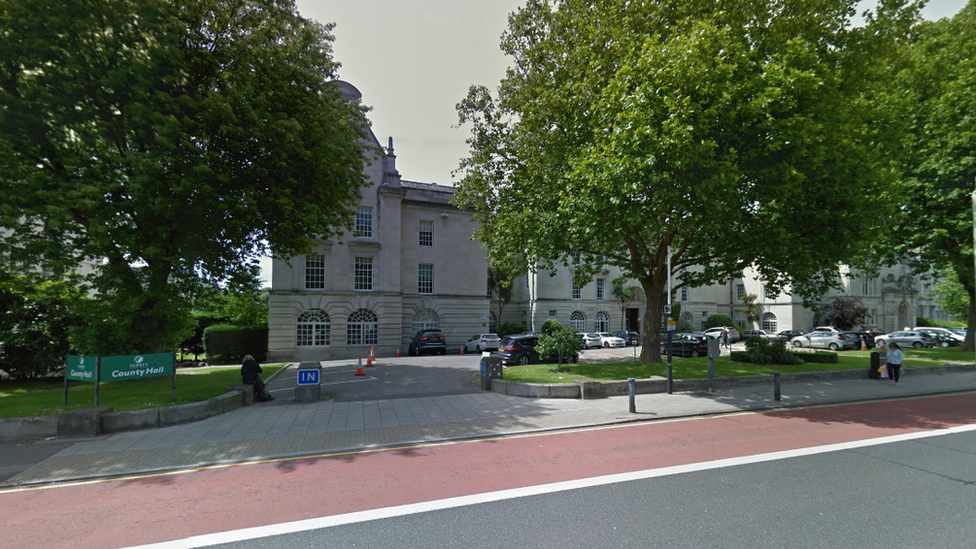
Surrey County Council plans to impose a 15% tax increase.
Council bosses in Surrey are expected to approve an unprecedented 15% increase in council tax - but the move could be rejected when residents vote in a referendum on the issue in May.
We put your questions about the rate hike to Surrey County Council and the government.

1. Can I get my money back if the council loses?
Yes, if you pay your bill in annual lump sum. The initial charge will include the 15% increase, but if it is rejected you'll receive a refund - along with a recalculated bill.
Anyone paying monthly will be debited in April and May, with the increase reflected in these payments. If the referendum result goes against the council, payments for the rest of the year will be adjusted accordingly, but you won't see any cash coming back into your account.

2. Is it legal for the council to charge me more before the referendum has been held?
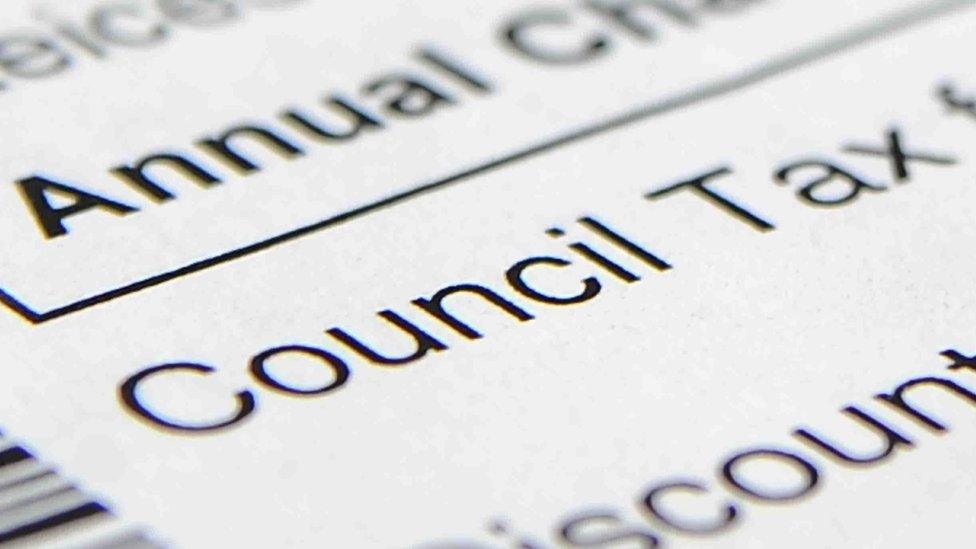
The council says it must makes the increase to keep the most vital services.
Yes, in short.
The government says council tax bills must be issued as usual in March and then amended if necessary following the vote.
Legislation also requires the referendum to be held on the first Thursday in May - after the start of the financial year.

3. Why does the council need more money?
The government has cut Surrey County Council's annual grant by £170m since 2010.
A council spokesman said it has found £450m worth of savings so far and is aiming to save a total of £700m by 2020, but it's still not enough to keep services running.

4. Where will the extra money go?
If the 15% rise is approved in the referendum, 13% of it will be ring fenced for social care - the highest amount the council has protected for that purpose before.
Councils have been allowed to implement a 3% increase solely for social care over the next two years to plug the funding gap in this area. That is on top of a discretionary general increase of 2%, making a total of 5% before a referendum is needed.
A council spokesman said that, should the referendum not approve the 15% rise, social care will receive the standard 3% of the 5% increase.

Surrey council has lost out on £170m of government funding for the last seven year.

5. How much has Surrey's council tax risen over the past five years?
2012-13: 2.99%
2013-14: 1.99%
2014-15:- 1.99%
2015-16: 1.99%
2016-17: 3.99%
Surrey County Council's planned 15% rise only affects its portion of the bill. The district councils, police and crime commissioner, fire authority and parish councils all set their own and add it to the overall charge.
However, when these are taken into account, council taxpayers across Surrey already have some of the highest bills in England.
Districts of Surrey account for 8 of the 10 largest average annual bills per home, according to figures from the Department for Communities and Local Government.
The average council tax in Elmbridge, taking into account property of every value, was £1,893 for 2016-17.
In Surrey Heath it was £1,810.
This is because the Band D rate (£1,696 in Elmbridge), often referred to as the "average", is not the average in areas with larger numbers of more valuable homes.

6. Council Tax bandings are way out of date, shouldn't they be re-evaluated?
The current banding system was introduced in 1991. At the time, Band D represented an average house price of between £68,000 and £88,000. Today, an average home in the south east is worth more than £310,000. That is closer to the value of homes in the highest band: H.
But for calculating the tax, homes are put into one of the eight valuation bands based on their capital value on 1 April 1991 - not what the property is worth today. Homes built after this are assigned a nominal 1991 value.
A spokesman from the Department for Communities and Local Government (DCLG) said: "There are no plans to change the current council tax system. Any changes made to the way council tax was calculated would lead to a complete revaluation, costing the tax payer more money whilst running the risk of leaving many with higher bills as a result."

The hike will mean people are hundreds of pounds out of pocket.

7. It's unfair to make a couple pay the same as a home with three or more adults. Can't this be changed?
Some people felt the current system, which doesn't take the number of occupants inside a household into account, was unfair.
But a DCLG spokesman said the government had no plans to make changes to this aspect of the system, again blaming the cost of doing so.

8. Why can't we just pay extra National Insurance, instead of more council tax?
The government said it has made up to £7.6 billion of dedicated social care funding available to councils over four years.
"It's for councils to decide how they use the additional funding and flexibility on offer to make sure the most vulnerable people in our society get the support they need," the DCLG said.
"Local authorities have a right to charge council tax to fund those services if they so choose."
- Published1 February 2017
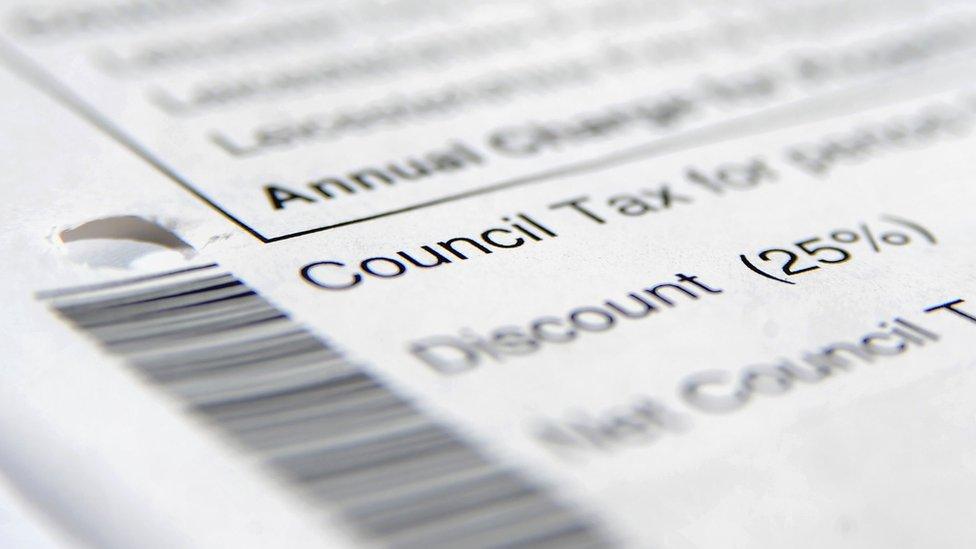
- Published20 January 2017
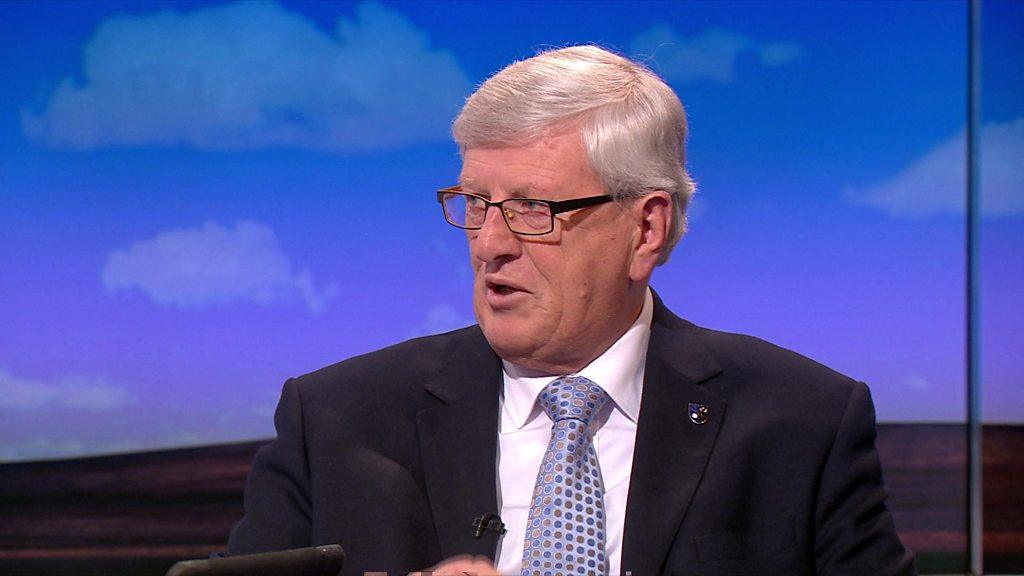
- Published19 January 2017
